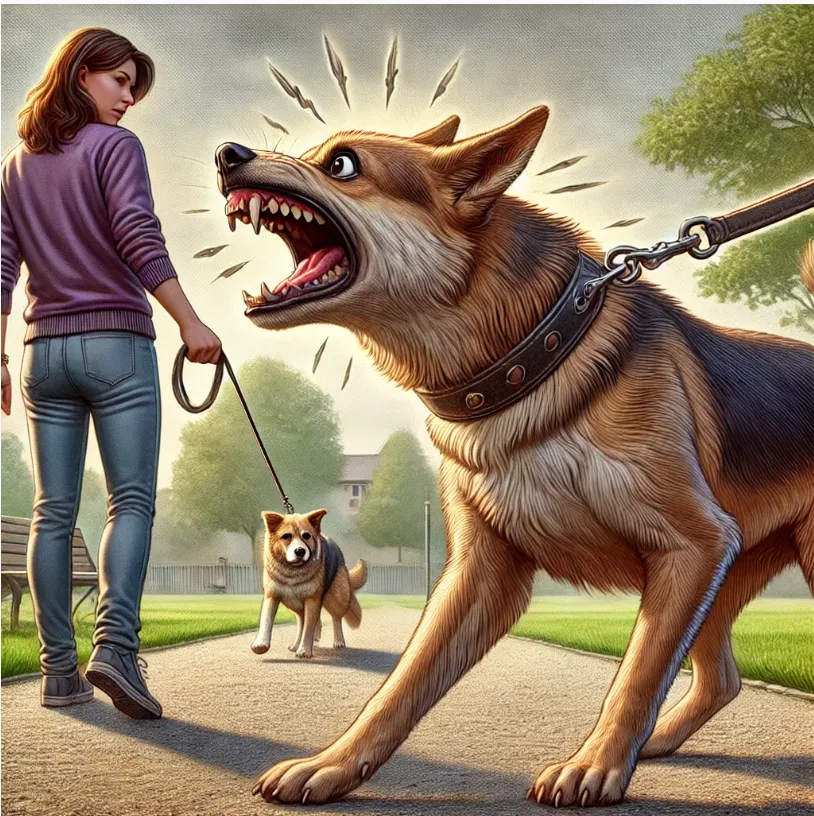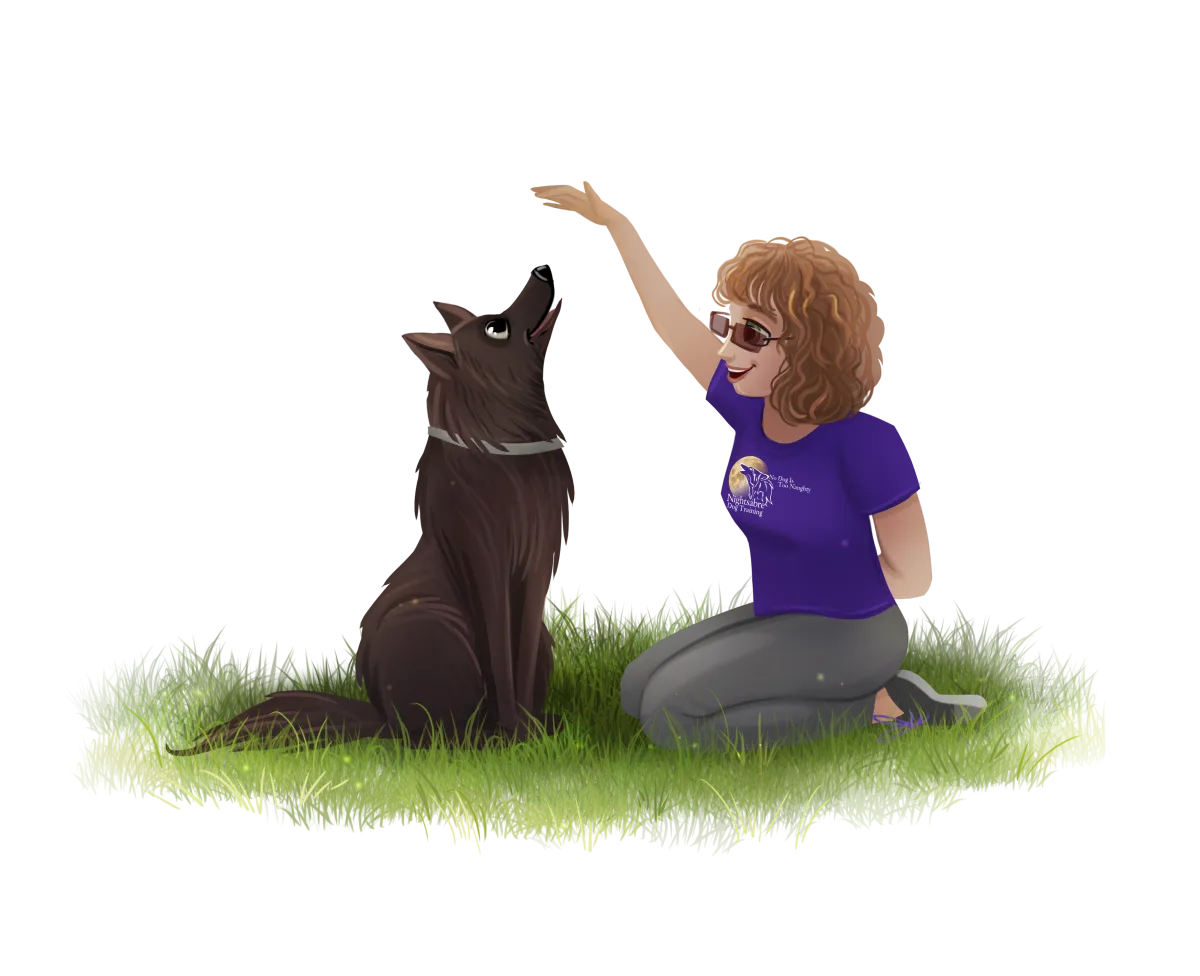The Fastest Way to Train a Dog: Positive Reinforcement Techniques for Success
Discover the fastest way to train your dog using positive reinforcement, with tips for obedience training stubborn breeds and using marker words effectively.
07888 870151

Discover the fastest way to train your dog using positive reinforcement, with tips for obedience training stubborn breeds and using marker words effectively.

Does your dog get overly excited or anxious when encountering other dogs? Are walks and outings a stressful experience due to their reactive behavior? You’re certainly not alone. Many dog owners face the difficulties of managing reactivity, but with the right approach, this behaviour can be effectively addressed. In this guide, I’ll share three key strategies that can help reduce your dog’s reactivity and make your outings a more enjoyable experience for both you and your canine companion.

Before diving into solutions, it’s crucial to understand the underlying causes of your dog’s reactivity. Often, this behaviour is rooted in fear, anxiety, or even a lack of proper socialisation. Recognising these triggers is the first step towards helping your dog feel more secure and less reactive in the presence of other dogs.
Being able to identify the early signs of reactivity—such as raised hackles, tense posture, or low growling—enables you to intervene before the situation escalates. This proactive approach not only prevents potential conflicts but also reinforces your role as a calm, confident leader for your dog.

One of the most effective tools in addressing reactivity is positive reinforcement. By rewarding your dog for calm behaviour around other dogs, you can help them form positive associations, turning a potentially stressful situation into an opportunity for growth.
Start by observing your dog’s comfort zone—the distance at which they can see another dog without reacting. Gradually, and with consistency, reward your dog for remaining calm within this range. Over time, you can slowly decrease the distance, always ensuring that your dog feels secure and supported. Patience is key; each small success is a step closer to a more relaxed and confident dog.
When a reactive episode seems imminent, redirecting your dog’s attention can be highly effective. This might involve using a favourite treat, toy, or engaging in a simple command like “watch me.” The goal is to shift your dog’s focus away from the trigger and onto something positive and manageable.
If your dog begins to react, calmly increase the distance from the other dog until your pet is within a range where they can refocus. Reward your dog for following your lead and responding to your cues. This consistent reinforcement helps your dog learn that they can rely on you to guide them through stressful situations.
Consistency and patience are the bedrock of effective dog training. Reactivity isn’t something that changes overnight, but with a steady, consistent approach, you’ll start to see progress. Ensure that all caregivers are using the same techniques and commands to avoid confusing your dog.
It’s also important to avoid punishment when dealing with reactivity. Punishing a reactive dog can exacerbate their fear and anxiety, leading to an increase in unwanted behaviours. Instead, focus on reinforcing the behaviours you want to see, and give your dog the time they need to learn and adapt.

If you find that your dog’s reactivity is not improving or is particularly severe, it may be beneficial to seek professional guidance. As a seasoned dog trainer with extensive experience in behaviour modification, I can provide a tailored approach to address your dog’s specific needs. Together, we can create a comprehensive plan that promotes positive behaviour and helps your dog navigate social situations with greater confidence.
By implementing these strategies, you can make significant strides in reducing your dog’s reactivity. Remember, the journey to a well-behaved dog is gradual, but with commitment and the right techniques, you and your dog can enjoy more peaceful and enjoyable walks together.
Want to learn more about how I can help you with your reactive dog? Book a free call today ring or text 07888 870151

Fun | Focus | Play® by Nightsabre Dog Training
Natasja Lewis DipCAPBT | 07888 870151 | [email protected]
Nightsabre Dog Training © 2023/2024/2025 . Privacy Policy